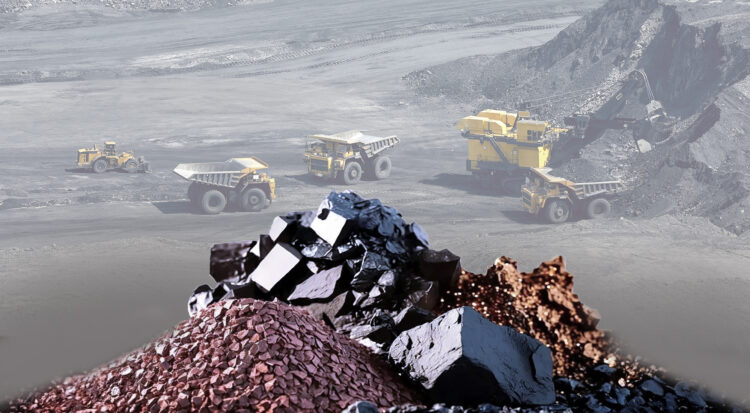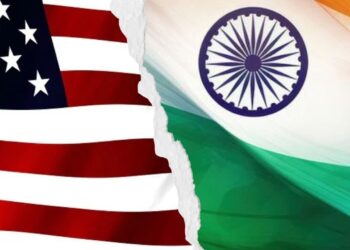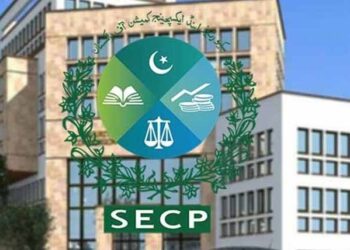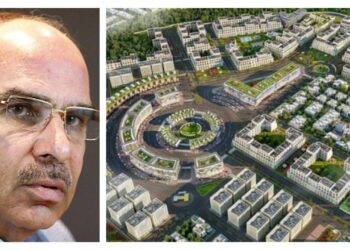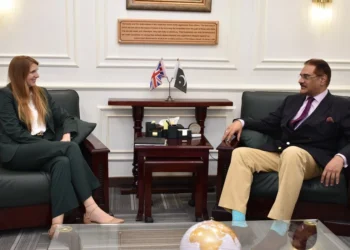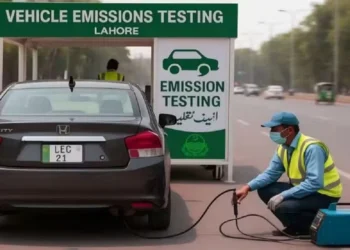United Nations: A senior Pakistani diplomat has warned that the intensifying global demand for critical minerals—vital for renewable energy, digital technologies, and defense industries—risks triggering a new era of neo-colonial exploitation in resource-rich but vulnerable developing countries, particularly in Africa. The warning was issued during a United Nations Security Council Arria-Formula meeting focused on “The Global Race for Critical Minerals: Addressing Resource-Driven Insecurity in Africa.”
Speaking at the informal UN session convened by Sierra Leone and supported by several member states, Ansar Shah, First Secretary at Pakistan’s Permanent Mission to the UN, said that while the global shift toward green and digital technologies offers Africa significant economic opportunities, it also exposes the continent to heightened risks of exploitation, instability, and conflict.
“We fear that today’s scramble for critical minerals risks becoming another form of neo-colonial exploitation, destabilizing the region and exacerbating existing conflicts,” Shah stated.
He pointed to the Democratic Republic of Congo (DRC) as a stark example—an African nation endowed with immense mineral wealth yet plagued by extreme poverty and protracted conflict. “This reality is no accident; it reflects centuries of deliberate plunder, structural exploitation, marginalization, and weakening of the state,” he said.
Shah argued that existing international regulatory frameworks such as the Kimberley Process, the Regional Certification Mechanism of the ICGLR, and the Extractive Industries Transparency Initiative (EITI) are insufficient to address the magnitude of today’s challenges. He cited enforcement gaps, corporate impunity, and limited state capacity as key obstacles.
Calling for deeper reforms, Shah advocated for governance measures that empower African nations to manage their mineral resources equitably and transparently. “Fair royalties, taxation reforms, and stronger regional cooperation can ensure that Africa’s critical minerals create jobs, diversify economies, and benefit local communities,” he noted.
Shah emphasized that the global transition to renewable energy must be rooted in justice, equity, and shared prosperity. “Africa’s critical minerals must not fuel a new cycle of exploitation but serve as a catalyst for sustainable, inclusive development that benefits African people along with the wider international community,” he asserted.
Reaffirming Pakistan’s solidarity with Africa, Shah recalled Islamabad’s historic support for African liberation movements. “To realize their independence, many of our African brothers and sisters were enabled to travel on Pakistani diplomatic passports to promote their national freedom struggles,” he noted.
Shah concluded by urging the international community to place justice, fairness, and African leadership at the heart of global mineral governance. “The world cannot afford to repeat the mistakes of the past,” he said.









